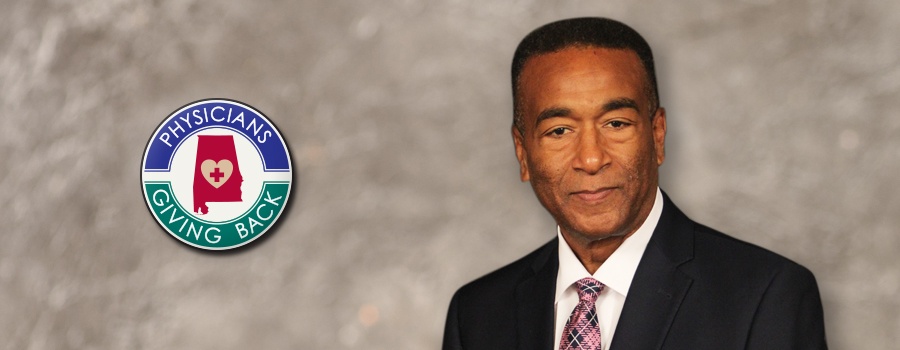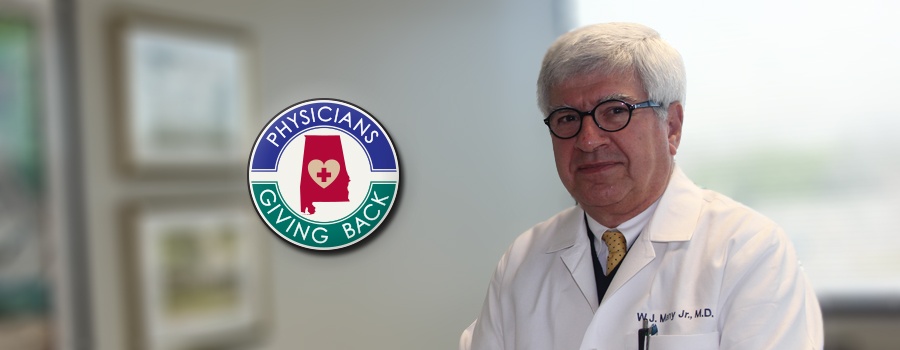Tag: Montgomery
-

What Challenges You With Jefferson Underwood III, M.D.
MONTGOMERY — Montgomery physician Jefferson Underwood III may not move as quickly or as easily as he did a year ago, but his wit is as sharp as a tack. Just as it always has been. “ALS is a funky disease. Every day something new comes up, a new challenge. I am challenged, but why…
-

From the Treatment Room to the Classroom with Wick Many, M.D.
MONTGOMERY — He jokes about it now, but Wick Many, M.D., said he was a sickly child who spent a lot of time in his pediatrician’s office. For those times when he was too sick, his doctor would make house calls…an experience he did not look forward to. “Back then, in the 1950s, pediatricians would…